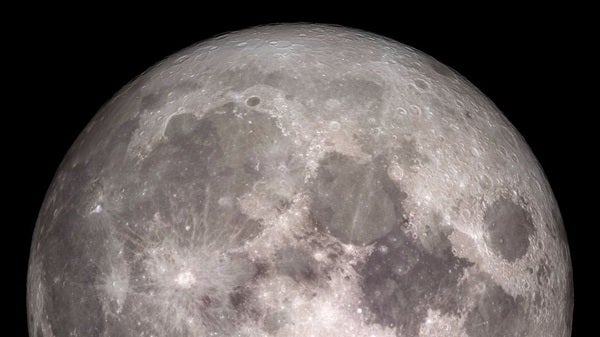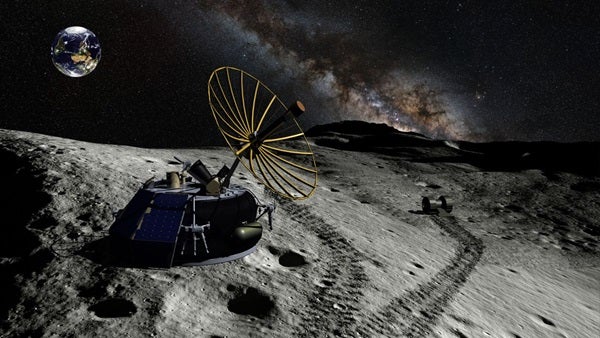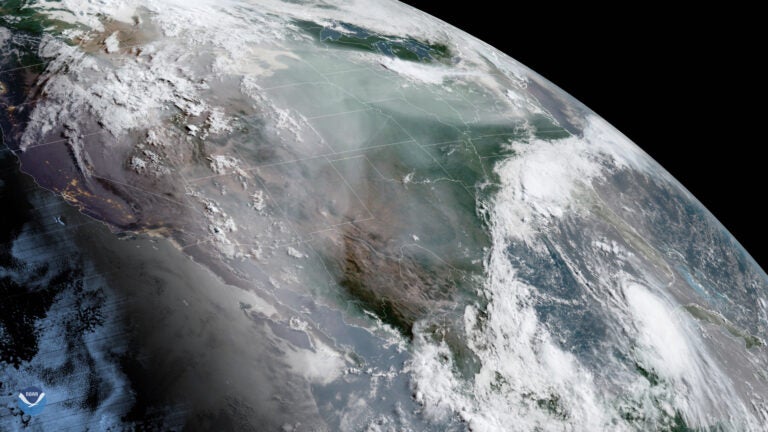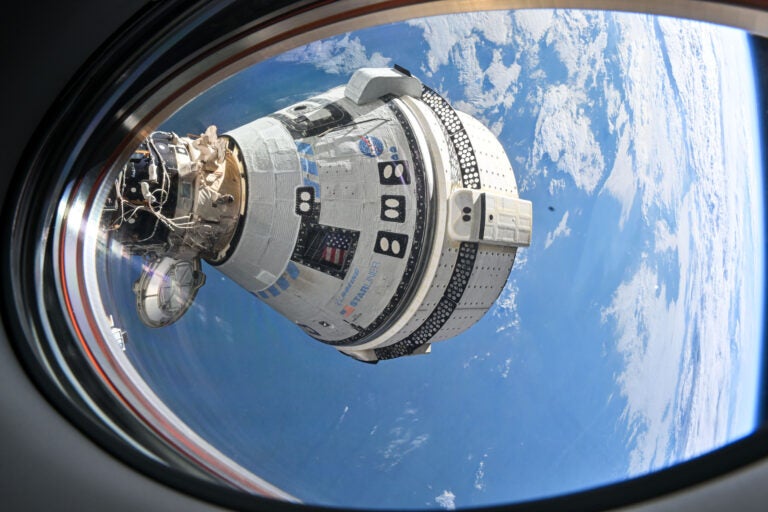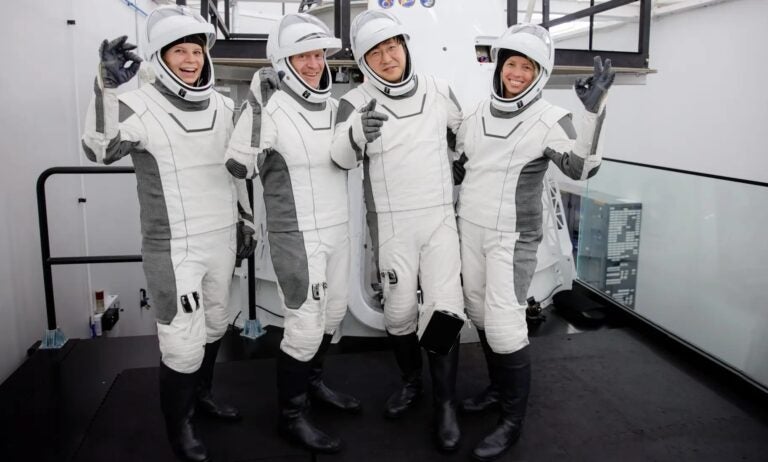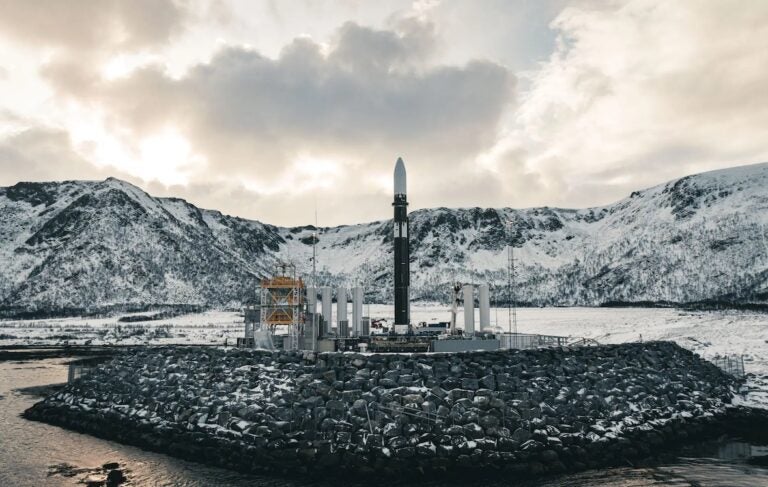The U.S. government, for the first time ever, is allowing a private spaceflight company the ability to go to the Moon.
A little-known company, Moon Express, announced that it received the “okay” to go to the Moon as confirmed by the Federal Aviation Administration (FAA).
The company currently has no plans to send humans back to the Moon, but it does want to send a robotic lander by the end of 2017. The spacecraft has yet to be manufactured or tested, as well as the rocket itself has never been flown, but has clearance from the government to send the spacecraft.
All other privately funded spaceflight companies, like SpaceX, also had to gain approval from the government for their activities, but none of the companies have yet attempted to send a spacecraft to the Moon or planet.
Many agencies were needed to sign off on Moon Express’s plan to send a robotic lander. NASA, the State Department, and the FAA all gave their approval after Moon Express requested the government’s approval earlier this year, as reported by Miriam Kramer at Mashable.
“There is no existing regulatory framework for private missions beyond Earth orbit, which is the fundamental reason why Moon Express created a proposed framework out of necessity to fill the regulatory gap for its 2017 lunar mission,” says Bob Richards, Moon Express CEO, in an email to Mashable.
Even though Moon Express got permission, the next step is building all the necessary parts to get to the Moon.
They still need to build and test its spacecraft which needs to be able to perform specific tasks to win the $30 million Google Lunar X-Prize competition.
The launch date may be pushed back as the rocket from Rocket Lab Electron, which will be carrying the payload, has not completed a single flight test.
“We have solved the regulatory barrier that was preventing us from launching to the Moon in 2017, so we’re back to focusing on the challenges we can solve ourselves: building the Moon Express spacecraft and business,” says Richards.
With the government opening up the doors to one private spaceflight industry, it is possible this is the first step in a revolution of companies flying to destinations beyond Earth.
The furthest most companies can launch spacecraft is Earth orbit and with every launch many FAA hurdles are associated with inspections of the payload. These protocols are in place to ensure the spacecraft are safe and it will not violate any international space treaties.
There are many other countries from around the world that are also competing for the $30 million X-Prize, while others — like SpaceX — are trying to make it to Mars.
Other companies should in theory be able to use the foundation of Moon Express’s approval for their own purposes of reaching farther into space.
The FAA does caution that even though Moon Express received approval, it is not guaranteed that every company’s idea will be approved in the future.
As Moon Express focused on the safety of its payload as well as outlining the United Nation’s Outer Space Treaty would not be violated, they received approval.
The treaty states that nations cannot claim land as their own such as a celestial body like the Moon. As well as the countries that approved the space activities must supervise all endeavors.
“If an extraterrestrial economy does develop in coming decades and centuries, this action may be looked upon as an initial step in opening the trail to the future,” says John Logsdon, professor at George Washington University, in an email to Mashable. “But the rather convoluted process of granting this license also suggests the need for rationalizing the government approach to facilitating private space exploration. Lots of work still to do.”
Source: Mashable

